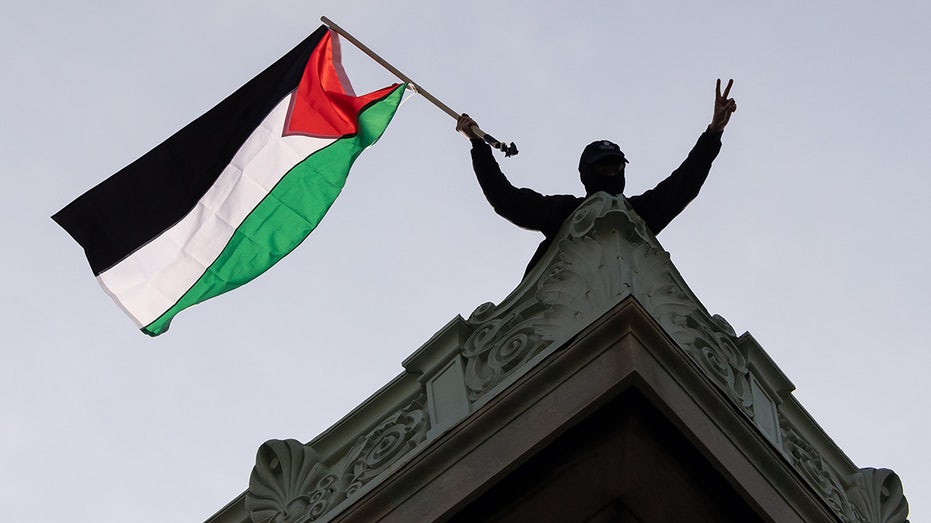Federal Judge Halts Deportation of Columbia Student Yunseo Chung Over Anti-Israel Protest

Sarah Johnson
June 6, 2025
Brief
Federal judge blocks deportation of Columbia student Yunseo Chung over anti-Israel protest, sparking debate on free speech and immigration policy.
In a striking turn of events, a federal judge has once again stepped in to shield a Columbia University student from the Trump administration’s deportation efforts. U.S. District Judge Naomi Reice Buchwald issued a preliminary injunction on Thursday, preventing Immigration and Customs Enforcement (ICE) from detaining 21-year-old Yunseo Chung, a lawful permanent resident who has lived in the U.S. since she was seven. Chung, originally from South Korea, found herself in the crosshairs after participating in an anti-Israel demonstration on campus earlier this year.
The court’s ruling not only blocks ICE from taking Chung into custody without prior approval but also mandates a 72-hour notice to her legal team if detention is attempted for reasons unrelated to deportation. This measure ensures the court can scrutinize whether such actions are a veiled attempt at First Amendment retaliation. For now, Chung remains free as her legal battle unfolds.
Her participation in the protest, which the Trump administration claims could have serious foreign policy implications, has sparked a fierce debate over free speech. Chung’s legal team argues this pursuit is a blatant attack on her constitutional rights, emphasizing she was merely one of many students voicing concerns over the Gaza conflict. According to her lawsuit, she wasn’t a leader in the protests, nor did she engage in high-profile actions at the Gaza Solidarity Encampment on Columbia’s campus.
Despite no arrests or disciplinary actions tied to the encampment, Chung was later arrested during a separate 2025 protest at Barnard College—though such charges are often dropped in New York City, per her attorneys. ICE’s aggressive moves, including an attempt to arrest her at her parents’ home and a search of her dorm room, have only fueled the controversy. The government even allegedly informed her lawyers that her green card was revoked, a claim her team is fiercely contesting.
Ramzi Kassem, co-director of CLEAR, a legal nonprofit representing Chung, hailed the judge’s decision as a victory for free speech and the rule of law. This isn’t the first time Judge Buchwald has intervened; back in March, she ordered immigration officials to halt their efforts to detain Chung. Meanwhile, the Trump administration continues its crackdown, targeting another former Columbia student for similar protest activities.
At the heart of this case lies a brilliant young woman—Chung was her high school valedictorian and boasts a near-perfect GPA as a double major in English and women’s studies. Her story raises profound questions about where we draw the line between national security and individual liberty. As this legal saga continues, it’s clear the fight for free expression on college campuses is far from over.
Topics
Editor's Comments
Well, folks, it seems ICE picked the wrong student to mess with—turns out Yunseo Chung’s GPA is higher than their success rate in this case! But seriously, this isn’t just about one student; it’s about whether voicing dissent on campus gets you a one-way ticket out of the country. If protests are a threat to foreign policy, then half of America’s college kids might need to pack their bags. What’s next, deporting someone for a spicy tweet? Let’s hope the First Amendment doesn’t need a green card to stick around.
Like this article? Share it with your friends!
If you find this article interesting, feel free to share it with your friends!
Thank you for your support! Sharing is the greatest encouragement for us.



